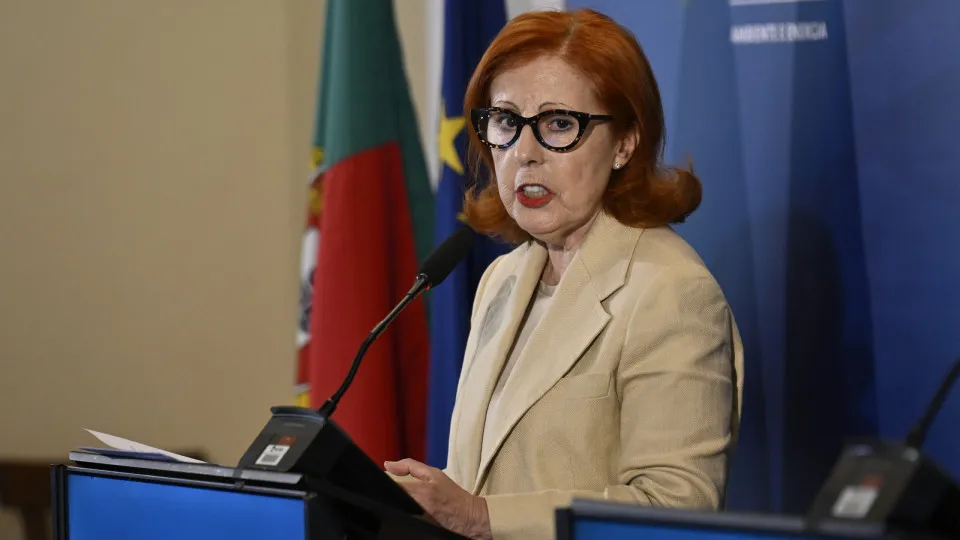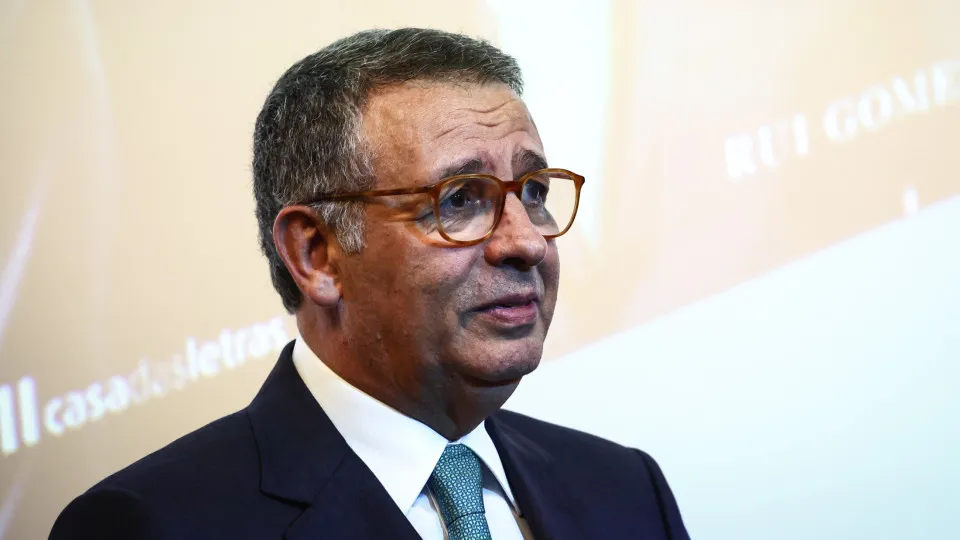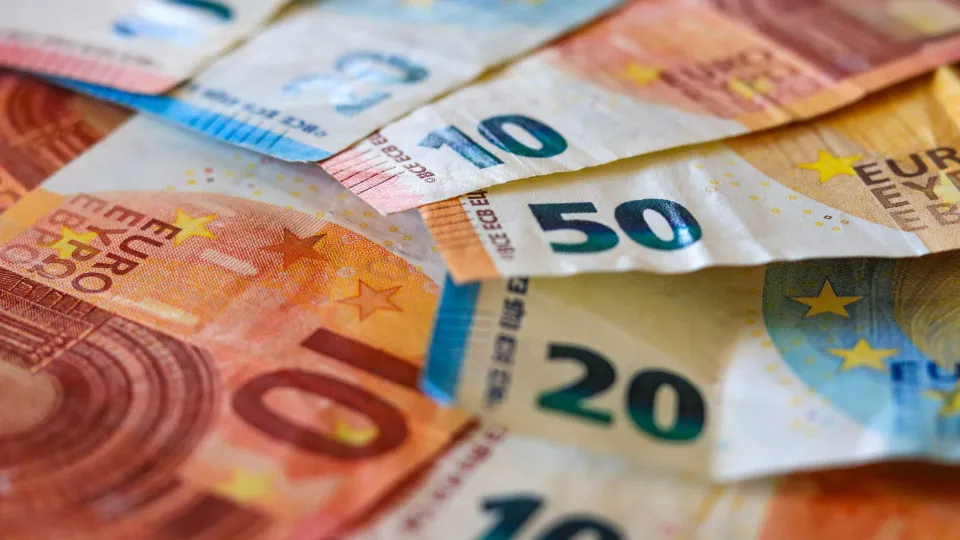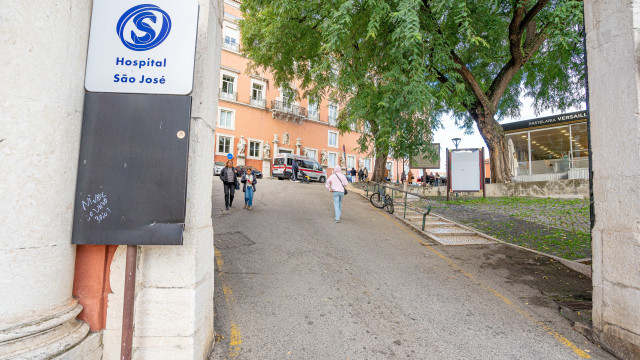
“Portugal voted in favor and is very pleased because it was approved, and now we need to see how the whole procedure is conducted. […] We have great diversity in terms of energy types, sources, and routes,” stated Maria da Graça Carvalho, the Minister of Environment and Energy, to the Lusa news agency.
“We import very little, about 5%, and have a diverse energy mix that includes renewable electricity, hydropower, solar, wind, and some biomass, as well as diverse suppliers from Nigeria, the United States, and Central America,” she explained after attending a European Union (EU) environment ministers meeting in Luxembourg.
This stance follows the EU countries’ approval of a gradual ban on Russian gas imports, both by pipeline and liquefied natural gas (LNG), set for at least 2028. Negotiations with the Parliament, seeking to move the date forward, are underway.
“We are not heavily dependent and are quite comfortable with a ban on Russian gas imports,” stressed Maria da Graça Carvalho.
When asked if Portugal would be ready to eliminate Russian gas by 2026, the Energy Minister indicated: “Yes, for us, it is not a problem if that is the decision.”
The decision reached on Monday by European officials involves a legally binding and progressive phase-out of Russian gas imports by the EU, both by pipeline and LNG, with a complete ban scheduled for January 1, 2028.
EU ministers advocate for a ban on new Russian gas imports starting January 1, 2026, while allowing a transition period for existing contracts. Short-term contracts signed before June 17, 2025, can continue until June 17, 2026, and long-term contracts can remain in effect until January 1, 2028.
The European Parliament, with which the Council will now negotiate, seeks for the EU to cease LNG imports from Russia by January 1, 2026, permitting limited exceptions for short-term contracts (until June 17, 2026) and long-term contracts (until January 1, 2027) if signed before June this year.
Portugal is among the eight EU member states that need to find alternatives to Russian gas imports. The country still imports LNG from Russia, though in relatively small proportions.
In 2024, Portugal imported approximately 49,141 GWh (gigawatt-hours) of natural gas, about 96% of which was LNG. Of the total LNG, about 4.4% originated from Russia.
Furthermore, the Russian share of LNG imports in Portugal decreased from around 15% in 2021 to 5% in 2024.




